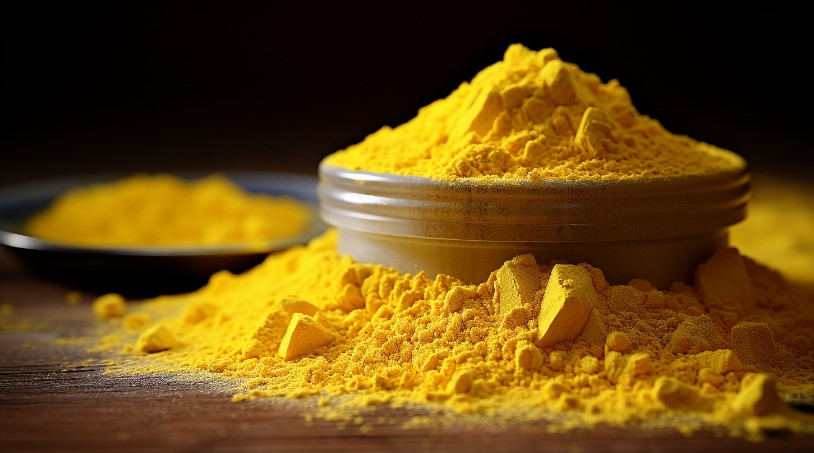Berberine is a bacteriostatic agent. If you want to make good use of it, it is best to understand these points

Что такое berberine and what are its physical and chemical properties?
Berberine is also called berberine hydrochloride. It is originally an active ingredient extracted from the traditional Chinese medicine Coptis chinensis, Cortex Phellodendri, Sankezhen and other plants. It is often used to treat poultry bacillary dysentery, acute gastroenteritis and other inflammatory diseases, and has good curative effect.
It appears as yellow needle crystals, tastes bitter and a little astringent, has a melting point of 145°C, is soluble in hot water, and is insoluble in benzene, ether and chloroform. It is a quaternary ammonium alkaloid with low solubility in water. For example, berberine hydrochloride has a maximum solubility in water of only 1:500; while berberine sulfate, which has a better solubility, has a maximum solubility in water of only 1:30.
If berberine is treated with different alkali, you can obtain three different chemical structures of berberine: quaternary ammonium form, aldehyde form and alcohol form. Among them, the quaternary ammonium form is the most stable.
Although berberine is different from most existing antibacterial drugs in terms of chemical structure, physical and chemical properties, action characteristics, and antibacterial action mechanism, we should not artificially exaggerate its efficacy indefinitely.
Берберин, what is its unique antibacterial mechanism? Are there any incompatibilities with other antibacterial drugs?
The antibacterial mechanism of berberine hydrochloride is relatively unique and has not yet been fully understood by scientists. One of the mechanisms of action that has been proven and verified is that berberine hydrochloride can reduce the number of pili on the surface of pathogenic bacteria, so that the bacteria cannot attach to human and animal cells, thus providing better antibacterial treatment. effect.
Therefore, the unique antibacterial action mechanism of berberine hydrochloride means that there is no pharmacological compatibility problem between it and currently known antibiotics, such as interference in the action mechanism and mutual cancellation of effects. In this way, it can be used as a good synergistic drug in the treatment of clinical diseases of livestock and poultry to improve the overall therapeutic effect and cure rate of the prescription.
What diseases does berberine treat?
Berberine is mainly used to treat intestinal diseases such as poultry gastroenteritis and bacillary dysentery. The reason why berberine is used to treat the above diseases is because it is difficult to absorb and has certain anti-inflammatory and intestinal astringent effects. Therefore, berberine is good for enteritis. Its role is also one of the most important reasons why it is recognized by farmer friends. And the use of berberine has a lot to do with the dosage, preparation and prescription. Otherwise, after it is given to poultry orally, the chickens will not like to drink it because it is bitter and has poor palatability. At this time, even if it has the best effect, it will not drink it very much. If you don’t come out, it won’t help.
Поставщик берберина: www.backvita.com
Электронная почта: [email protected]
Телефон: +86 (029) 8187 2325
